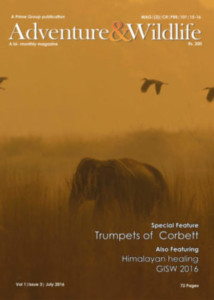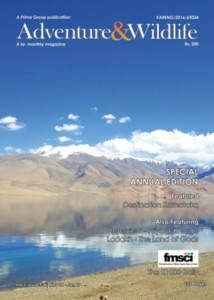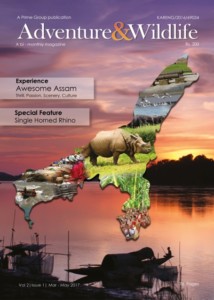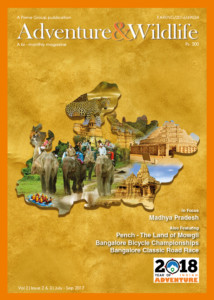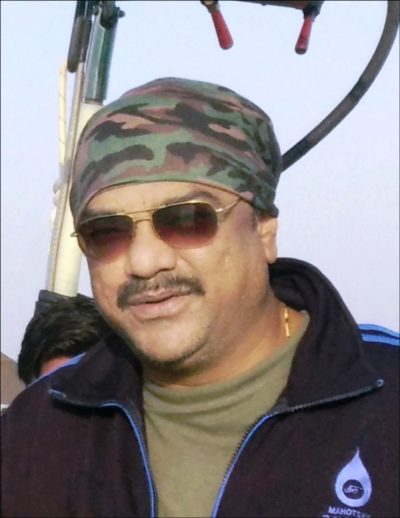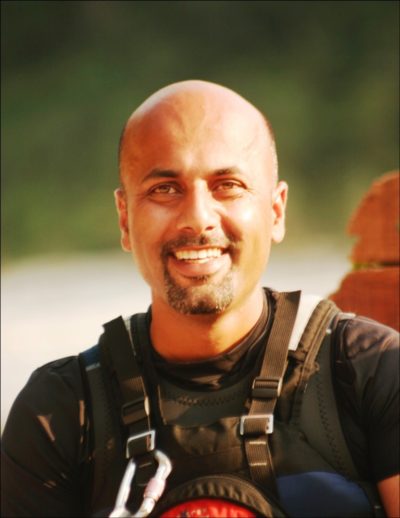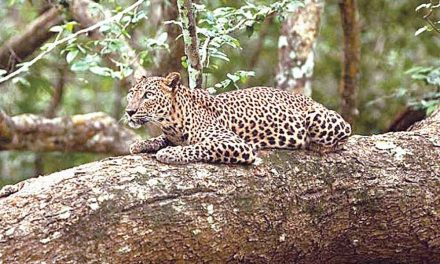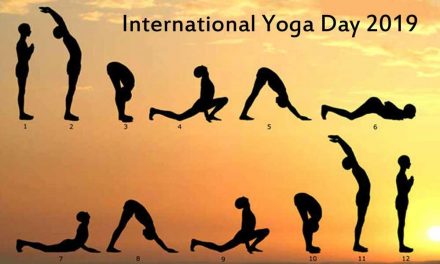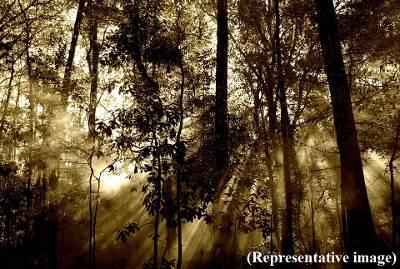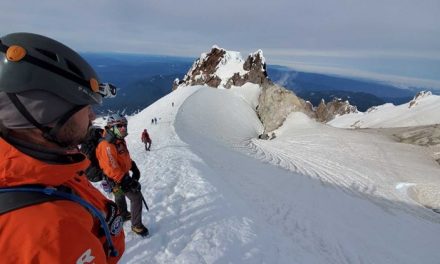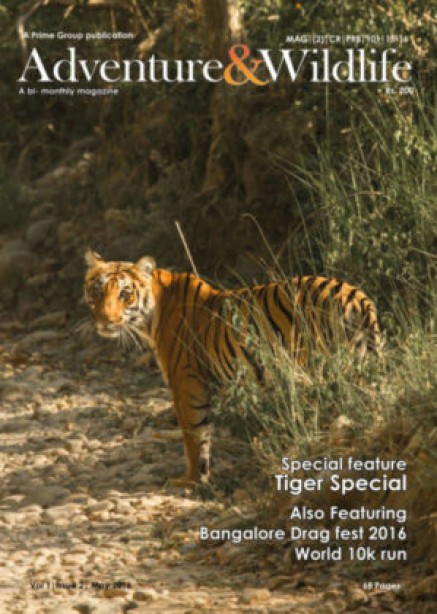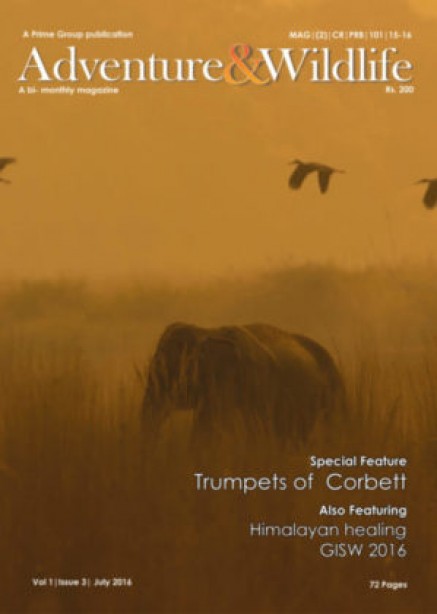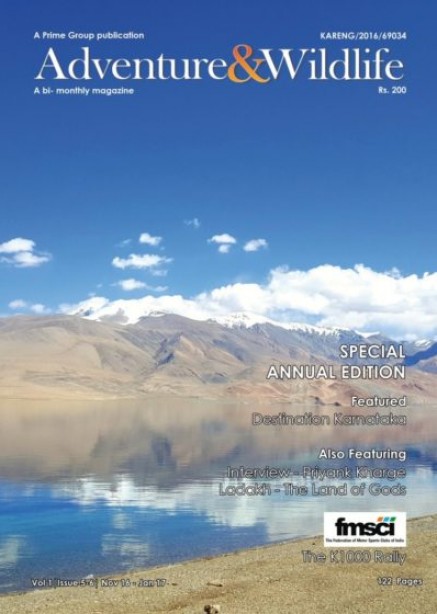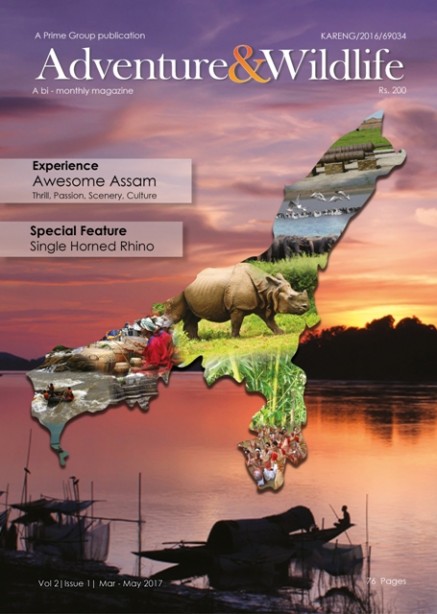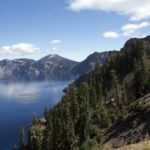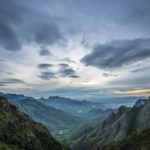
Rafting paradise on LoC – Tourists throng infiltration hotspot
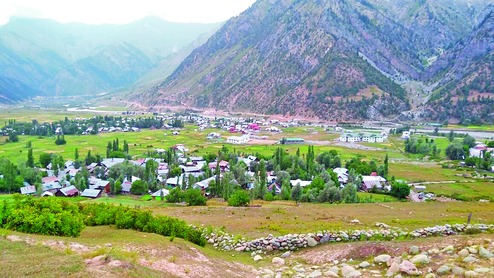
Gurez Valley (Line of Control), Aug. 27: Gurez resident Hassan vividly remembers the day six years ago when his village, located almost on the Line of Control, turned into a battleground.
A group of militants had sneaked in, rowing inflatable boats up the Kishanganga from Pakistan-occupied Kashmir, only to get snared in multiple ambushes laid by the army. The gunfight killed the dozen-odd invaders and a young lieutenant.
Six years on, not far from the spot, a group of young men are manoeuvring their rafts along the gushing stream — this time to the cheers of the watching soldiers, officials and local people.
The rowers are adventure buffs who have answered the state government’s call to come and enjoy the white water rafting and other sports on offer in this pristine north Kashmir valley, some 160km from Srinagar.
Gurez, once notorious for infiltration bids by militants, is gradually warming up to tourists, although the visitors so far have mostly been Kashmiris from “mainland Kashmir”.
Till recently, this LoC-hugging area was a no-go zone even for those from other parts of Kashmir. Even the local people – some 30,000 ethnic Dards who speak Sheena -were subjected to frisking at multiple spots while entering or leaving the valley.
Over the past few years, though, the state government has been marketing the valley, marked by lush green meadows and forests, as a tourist destination.
On offer are opportunities for rafting, trekking, mountain biking and angling – some of it under the watchful eyes of the Pakistani troops positioned at vantage points on the ridgelines of the mountains that rim the valley.
“I had heard a lot about Gurez, and having finally arrived here, I find it fascinating. I want to spend weeks here,” said Mohsin Makhdoomi, an engineer from Srinagar, airing the sort of sentiments that outsiders often express during their first visit to Kashmir.
The stifling restrictions of the past have been eased in recent years, and even outsiders can visit most of the villages now although vehicles are searched at multiple checkpoints.
An army officer explained that infiltration had fallen sharply along most of the routes in Gurez although occasional sneak-in attempts continued. “We have friendly relations with the local population,” he said.
Hassan, a resident of Bagtore village in Gurez, described how difficult life was in the past for many in the area.
In the late 1990s, the army had built a fence several kilometres inside the LoC to prevent infiltration, thus placing a sizeable number of Indian villages on the other side.
“After years of protest, they shifted the fence outside the villages. For years we faced a lot of restrictions and harassment from the army but things have now largely changed for the better,” Hassan said.
For the past few years, the authorities have been organising an annual three-day “Gurez festival” to attract tourists. This year’s festival kicked off in the first week of this month.
Priya Sethi, the state’s junior minister for tourism, said the government would double its efforts to “highlight the beauty and culture of this place” and put Gurez on the international tourist map.
Heavy snowfall on the Razdan Pass cuts Gurez off from the rest of Kashmir for several months in the winter, though.
Gurez lies along the ancient Silk Route, which before the Partition would connect Kashmir with the Gilgit area of PoK and Xinjiang in China.
The Kishanganga, called the “Neelum” across the LoC, originates in the mountains of Sonamarg and flows into the famed Neelum Valley of PoK before doubling as the de facto LoC for large stretches. The National Hydroelectric Power Corporation is building a 330MW project on the river despite opposition from Pakistan.
Source: https://www.telegraphindia.com/1170828/jsp/nation/story_169538.jsp


